Using bots to boost social media followers and influence is off the table, too. Disney+ adds Hulu shows, sparking parental outrage. Plus, Waymo horror stories, Facebook rental scams, and tips for your next mechanic visit. And Earl from Chicago needs wedding help for his daughter.
How to spot fake reviews on Amazon and other sites online
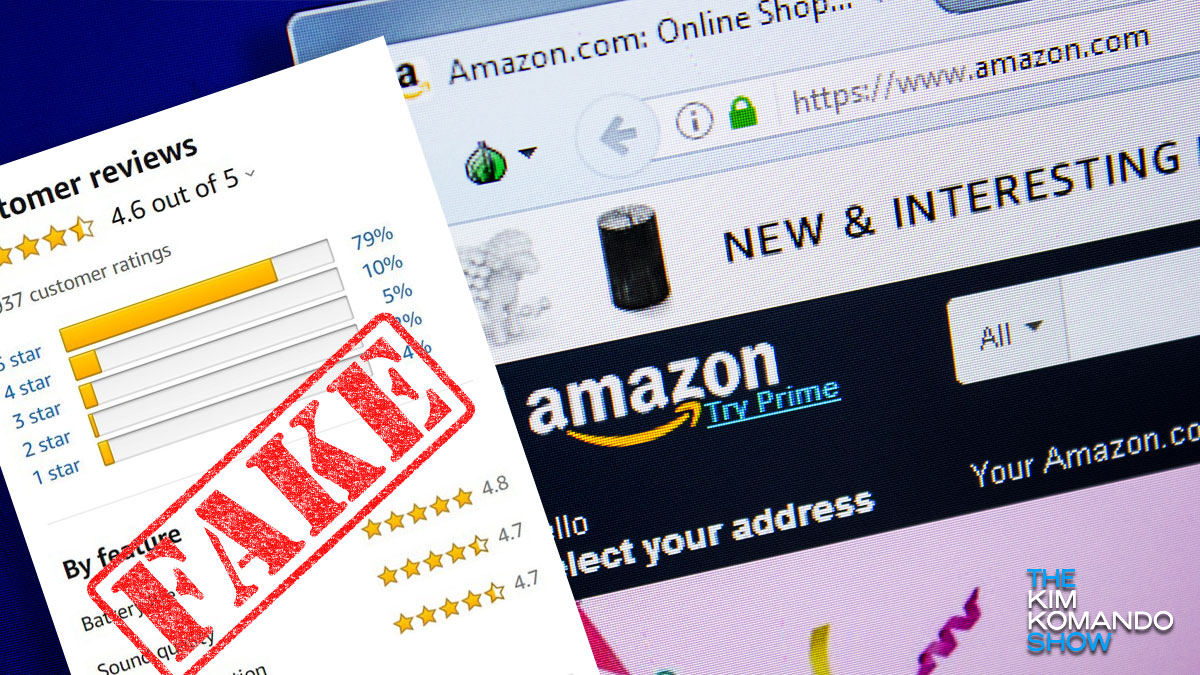
With the holidays around the corner, I’m gearing up for a whole lot of online shopping between now and Christmas. And while I’m glad the FTC is finally cracking down on fake and paid reviews, let’s be real — it’s not going to catch every bogus review out there.
So, here’s my go-to guide for spotting fake reviews and finding the real deal before you hit “Buy Now.”
Step 1: Use a site that does it for you
Fakespot vets reviews on Amazon, Walmart, eBay and lots of other sites and shows you how they score. I love that it gives you a letter rating. Anything graded C or below screams “Walk away!” to me. The best part? Fakespot’s free.

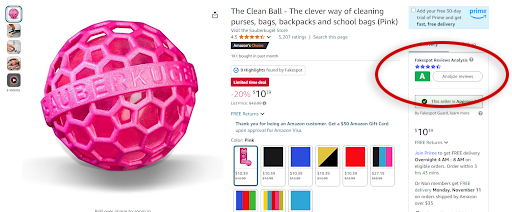
There’s another site like Fakespot called ReviewMeta. Instead of a letter grade, ReviewMeta shows an adjusted rating for the product, removing what it considers to be fake reviews.
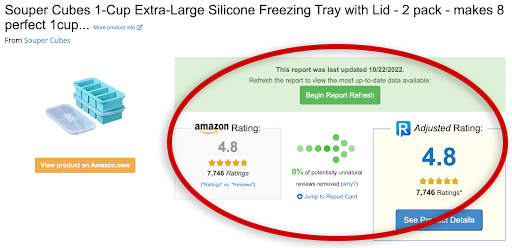
You can use it for free by simply pasting the Amazon URL into ReviewMeta’s website or installing their browser extension.
(Btw, I love those Souper Cubes! They make a great gift, too.)
Step 2: Use your noggin
Fakespot and ReviewMeta aren’t foolproof. The AI they use is getting smarter, but so is the AI churning out sham reviews. Here are some tricks to try:
We may receive a commission when you buy through our links, but our reporting and recommendations are always independent and objective.
Tired of scam phone calls? Here are the top fake numbers and their associated scams
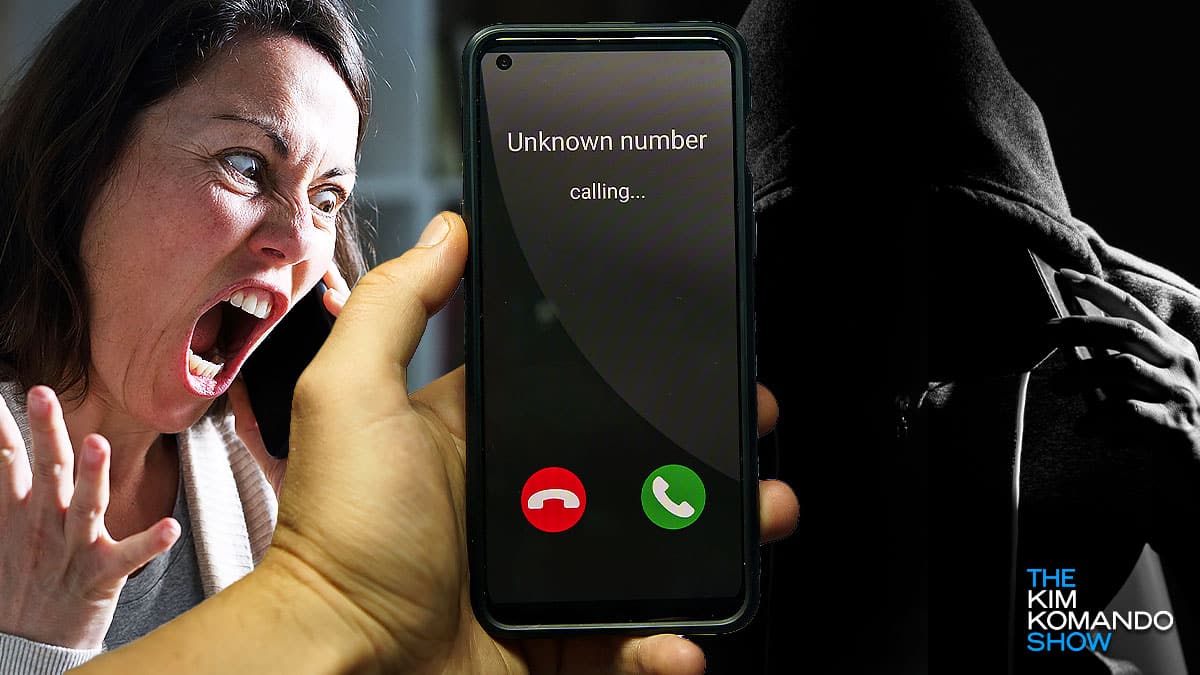
Are there certain numbers you never answer? If I see one that starts with the same few digits as mine, I know it’s likely a scam. That’s one of the tricks they use to get you since you’re most likely to answer if the number is vaguely familiar.
The FTC bans fake online reviews
Of course they are: Streaming services and advertisers are suing to stop the FTC’s new click-to-cancel rule. Yep, that’s the rule that forces companies like Disney to make canceling subscriptions as easy as signing up. They call the rule “arbitrary, capricious and an abuse of discretion,” which is just a fancy way to say, “We don’t want to make it easy for people to cancel.”
The FTC just banned noncompete clauses, which companies use to keep workers from going to competitors. With the ban, does the FTC expect a decrease in A.) Wages earned, B.) Startups founded, C.) Patents filed, or D.) Health care costs?
This phone scam fooled someone out of thousands of dollars

There are many ways for scammers to get their hands on your information and money. Text messages with malicious links are common, and some criminals use QR codes to harvest your data.
Others take a bit of a more hands-on approach, opting to call victims. These scammers can be persuasive, and it can be challenging to determine whether they are legitimate.
That's not the FBI on the phone, but here's how scammers will scare you
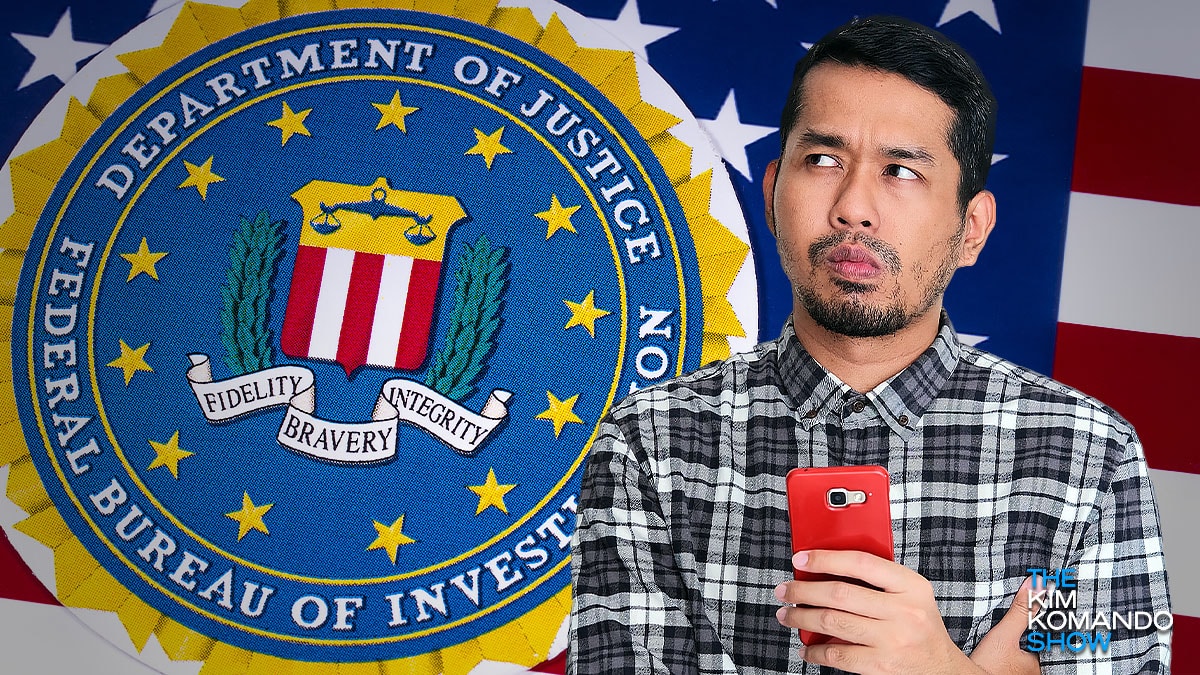
There are plenty of scams in the wild that you need to know about. This time of year, holiday scammers are out in full force. Tap or click here for three of the most prominent holiday scams and ways to avoid them.
Those aren’t the only devious schemes to worry about. There’s a new ruse making the rounds where thieves pretend to be calling from the FBI. The thought of getting a call from an FBI agent is frightening enough, but this one adds scare tactics to rip you off.
Spot a fake review online? You can now report it to the FTC at reportfraud.ftc.gov. This includes sham testimonials, AI-generated comments and marketers using bots to inflate their follower counts. The penalty? Up to $51,744 per violation!
❌ Big win: The FTC just finalized its click-to-cancel rule, making it easier to cancel subscriptions. If you signed up for an app or service, you won’t need to call a live agent or dig through complicated account settings to cancel. Businesses now have to clearly disclose their subscription terms and get your OK before charging you, too. Not so fast — this won’t happen until July 2025.
FTC cracks down on fake followers and reviews
Fake followers? Fake likes? The FTC is done playing around. I’ll tell you why the crackdown could mean big fines — or worse — for influencers and brands pulling these tricks.
Toxic chemicals found in Temu products
Officials flagged sandals with 11 times the legal lead limit! Google’s forcing your site to train its AI if you want it searchable. Plus, the FTC is cracking down on fake reviews, and a hack to find cheap flights online.
Get rich quick … never: The FTC is handing out $12 million in refunds to over 25,000 people who fell for a house-flipping scheme. The Zurixx scam lured victims with promises of quick cash and endorsements from HGTV stars like Tarek El Moussa, Hilary Farr and Christina Hall. Basic three-day training courses started at $1,997 and ranged all the way up to $41,297. Oof.
Remember that hot site Cameo? The platform that lets folks pay for celeb shoutouts is stone-cold broke. The former $1 billion unicorn can’t afford to pay a $600,000 fine after violating the FTC’s rules for celebrity endorsements. New York and 29 other states involved will have to settle for splitting $100,000. If you want to buy a Cameo, better get it now.
Check your inbox: If you’ve ever used the mental health platform BetterHelp, you may be one of the 800,000 folks now eligible for part of a $7.8 million settlement. To check, search for an email from “Ankura Consulting Group.” The FTC says BetterHelp shared consumer health data with third parties for advertising. Questions? Email info@betterhelprefundprogram.com.
No beating the Bezos: The FTC is going after Amazon for a price-fixing scheme that generated more than $1 billion in profits. But a lot of the evidence is gone. Shocker, Amazon’s top brass (including Jeff Bezos) used the messaging app Signal to make their texts automatically disappear — forever.
If you have a Ring doorbell, check your PayPal account: Amazon’s Ring is coughing up a $5.6 million settlement. A May 2023 FTC complaint accused the doorbell cam giant of skimping on security, which allowed hackers and Ring’s own employees to access private video feeds and accounts. If you filled out a claim, you have 30 days to collect it.
Tesla's in trouble, big trouble
Tesla sales are plummeting, and 14,000 workers have been laid off. Plus, Google unveils a ChatGPT rival, FTC scams skyrocket, and Instagram blurs unsolicited nudes. Struggling with sleep? I’ve got a pro phone tip that will help.
The FTC call scam
Get a ring from the FTC? Beware, it could be bad actors looking for cash. Here’s how I know.
FTC accuses Amazon of acting as a monopoly
The first of the mega lawsuits against Big Tech is underway. What it means for you, in 60 seconds.
Here's what adding your number to the National Do Not Call Registry does
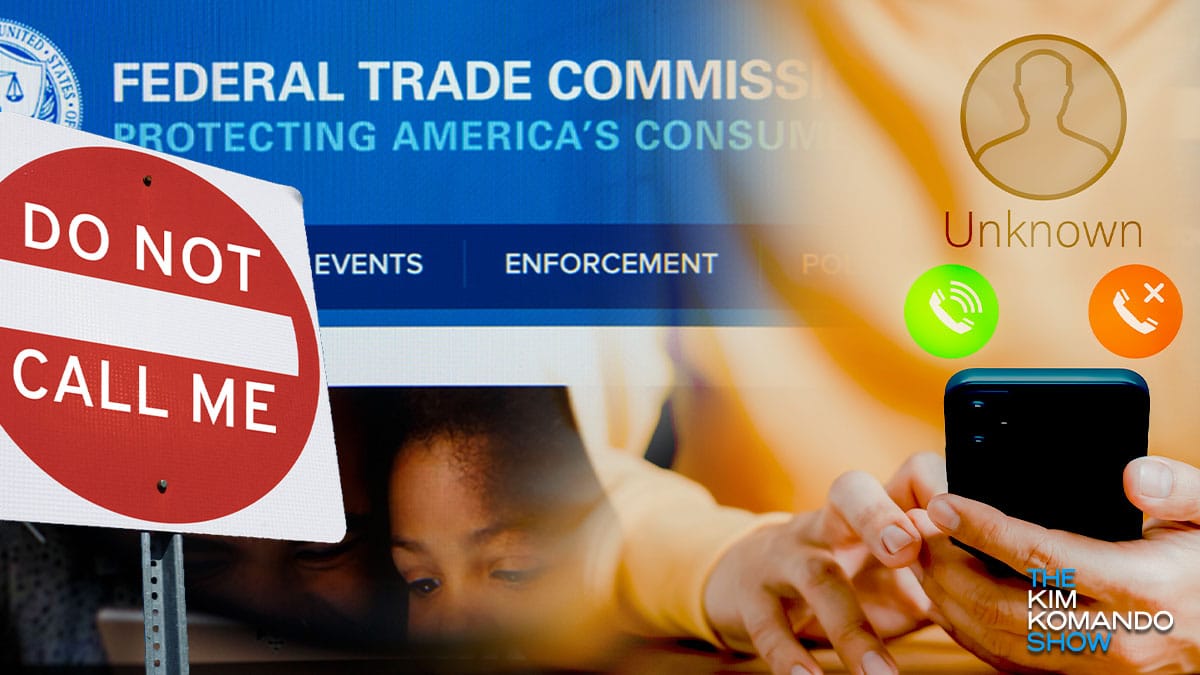
Most people don’t even reach for their phone when caller ID doesn’t identify the caller. When it says unknown caller or private, there is a good chance it’s a robocall or a telemarketer. Tap or click here to see the top five scam calls and what you can do to get them to finally stop.
